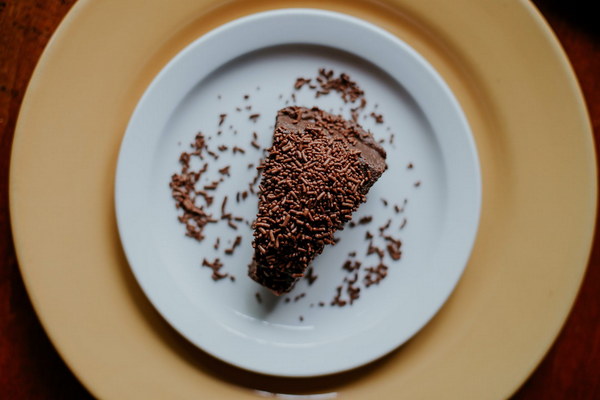Unveiling the Age-Defying Power of Peptides in Beauty and Skincare
In the world of beauty and skincare, peptides have emerged as a revolutionary ingredient that promises to turn back the clock on aging skin. These small chains of amino acids, naturally occurring in the human body, have the remarkable ability to stimulate collagen production, improve skin texture, and reduce the appearance of wrinkles and fine lines. Let's dive into the fascinating world of peptides and how they can transform your skincare routine.
What are Peptides?
Peptides are composed of amino acids, which are the building blocks of proteins. In the context of skincare, they work at a cellular level to promote skin health and repair. While the body produces its own peptides, topical application of these compounds can deliver targeted results to the skin.
The Science Behind Peptides
Collagen is a protein that provides structure and elasticity to the skin. As we age, our bodies produce less collagen, leading to sagging, wrinkles, and a loss of skin firmness. Peptides have the unique ability to stimulate the production of collagen, helping to restore youthful skin.
Peptides also play a crucial role in skin repair and wound healing. They can enhance the immune response, reduce inflammation, and promote the growth of new skin cells. This makes them an invaluable component in anti-aging and acne skincare products.
Types of Peptides Used in Skincare
1. Matrixyl: This peptide is designed to mimic the body's own collagen and elastin, improving skin texture and reducing the appearance of fine lines and wrinkles.
2. Palmitoyl Pentapeptide-3: Also known as Palmitoyl Oligopeptide, this peptide promotes collagen synthesis and helps to reduce the depth of wrinkles.
3. Acetyl Hexapeptide-8: Commonly referred to as Argireline, this peptide relaxes facial muscles, reducing the appearance of expression lines.
4. Copper Peptides: These peptides have antioxidant properties that help to protect the skin from environmental damage and promote collagen production.
5. Palmitoyl Tetrapeptide-7: This peptide helps to reduce inflammation and improve skin texture, making it an excellent ingredient for those with sensitive skin.
How to Incorporate Peptides into Your Skincare Routine
1. Use a peptide-infused serum: Look for products that contain one or more of the aforementioned peptides. Apply the serum to your face and neck in the morning and evening for best results.
2. Choose a peptide-containing moisturizer: A moisturizer with peptides can help to hydrate the skin while also promoting collagen production.
3. Add a peptide serum to your eye cream: The delicate skin around the eyes can benefit greatly from the anti-aging properties of peptides.
4. Try a peptide-infused cleanser: Cleansing your skin with a peptide-rich cleanser can help to remove impurities while promoting skin health.

5. Consider a peptide-enhanced sunscreen: Peptides can help to protect the skin from UV damage and reduce the appearance of age spots.
Conclusion
Peptides have become a cornerstone of modern skincare, offering a safe and effective way to combat the signs of aging. By incorporating peptide-infused products into your beauty routine, you can achieve a more youthful, radiant complexion. So why not give these powerful compounds a try and witness the age-defying magic for yourself?









